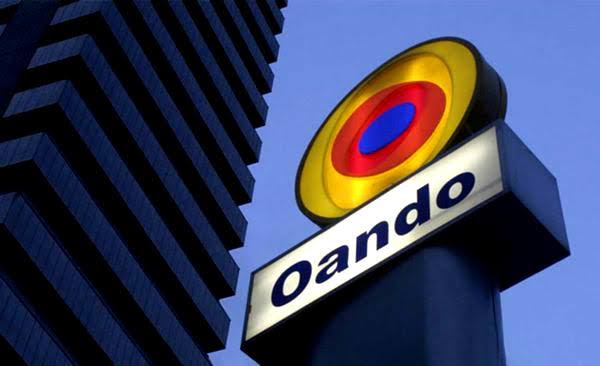Oando Plc has officially acquired Nigerian Agip Oil Company (NAOC), a subsidiary of Italian energy giant Eni, in a landmark deal worth $783 million. This bold move, announced on Thursday by the company’s Chief Compliance Officer and Company Secretary, Ayotola Jagun, marks a significant milestone in Oando’s long-term strategy to dominate Nigeria’s oil and gas sector.
Why It Matters
Oando, listed on both the Nigerian Exchange Limited and the Johannesburg Stock Exchange, confirmed it now owns 100% of NAOC’s shareholding interest. The acquisition strengthens Oando’s upstream operations, pushing the energy solutions provider deeper into the heart of Nigeria’s oil-rich landscape.
For those who think this is just another corporate acquisition, think again. The deal doubles Oando’s stakes in Oil Mining Leases (OMLs) 60, 61, 62, and 63, from a 20% to a 40% participating interest. This is no small feat—it means Oando now has increased ownership in the lucrative NEPL/NAOC/OOL Joint Venture, a portfolio that includes 40 discovered oil and gas fields, 24 of which are already producing. Throw in 12 production stations, nearly 1,500 kilometers of pipelines, three gas processing plants, and the Brass River Oil Terminal, and you begin to understand the sheer scale of this acquisition.

But that’s not all. Oando also gains control of the Kwale-Okpai power plants, with a combined capacity of 960MW, cementing its position as a key player in Nigeria’s energy sector. The company’s total reserves are set to soar by 98%, from 505.6 million barrels of oil equivalent (MMboe) to a whopping 1 billion barrels.
This transaction is expected to be immediately cash-generative, boosting Oando’s cash flow and giving the company the financial muscle to pursue even bigger ambitions.
What They Are saying
In the words of Wale Tinubu, Group Chief Executive Officer of Oando Plc, this acquisition is the result of “ten years of toil, resilience, and an unwavering belief.” He proudly declared it a victory not just for Oando but for every indigenous energy player in Nigeria. With Oando now in the driver’s seat as the operator, Tinubu’s focus is on optimizing the assets, ramping up production, and ensuring that growth is sustainable and responsible.
Looking ahead, Oando is not stopping here. Tinubu hinted at future diversification efforts, particularly in clean energy, agri-feedstock, energy infrastructure, and mining. It’s clear that Oando is not just looking to dominate the oil and gas sector; they’re positioning themselves as a force to be reckoned with across the broader energy landscape.
Bottom Line
In Nigeria where energy is both a lifeline and a battlefield, Oando’s latest move is a powerful reminder that they’re here to stay, and they’re ready to lead.

















